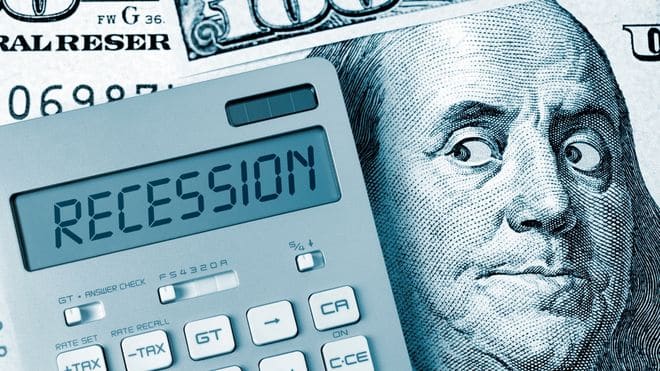What’s Happening: Trump’s Tariffs Threaten NYC’s Economic Stability

Senator Chuck Schumer is sounding the alarm: Donald Trump’s aggressive tariff strategy could push New York City into a deep and avoidable recession, jeopardizing more than 260,000 export-tied jobs and wiping out at least $20 billion in economic output across the metro area.
“President Trump’s pinball tariff strategy will wreak total havoc on New York City,” Schumer declared, urging an immediate reversal to avoid long-term damage.
Why New York City Is Especially at Risk
As one of the largest trade hubs in the world, New York’s economy relies heavily on imports, exports, and international investment. Schumer warned that NYC is more exposed than nearly any other U.S. city:
- $200 billion in trade flows annually through NYC (50% exports, 50% imports).
- Information services sectors (finance, accounting, tech) are primary targets of EU retaliation.
- Tourism, fashion, and retail already show signs of contraction.
- Stock market losses post-tariff announcement have hit NYC-based investment firms and pension funds hardest.
The Numbers Behind the Threat
Schumer outlined dire projections based on both federal data and private sector analyses:
| Metric | Impact |
|---|---|
| Jobs at risk | 260,000 export-related positions in NYC |
| Projected cost to NYC | $20 billion in lost revenue |
| Tourism decline | 23% drop in Canadian travel; broader global dip likely |
| Fashion sector inflation | 10–17% rise in garment prices |
| Stock market losses | $5+ trillion in value wiped out, impacting NYC financial markets |
| Recession risk (national) | 60%, per JPMorgan |
| Recession risk (NYC) | “Much higher,” according to Schumer |
Industry Breakdown: Who Gets Hit Hardest?
Finance, Tech, & Accounting
- NYC’s largest sectors. Now targeted by EU retaliation in direct response to U.S. tariffs.
Tourism & Hospitality
- Retaliatory boycotts and global economic contraction could severely cut into visitor spending.
Fashion & Textiles
- NYC’s iconic garment district faces sharp price hikes due to new tariffs on materials and finished goods.
Everyday Consumers
- Higher costs expected for groceries, medicines, and household goods.
National Warnings Align with Schumer’s Alarm
Schumer’s concerns are backed by JPMorgan, Barclays, Goldman Sachs, Deutsche Bank, and BofA, all of whom recently warned that Trump’s tariffs could tip the U.S. economy into recession:
“This is the largest tax hike since 1968,” Schumer said, likening the tariff policy to the infamous Smoot-Hawley Act that deepened the Great Depression.
Legislative Push: Schumer’s Senate Amendment Targets Tariff Rollbacks
Following a successful Democratic-led Senate vote to rescind Trump’s Canada tariffs, Schumer introduced a new amendment to repeal any tariffs imposed after January 20, 2025, if they raise costs on:
- Groceries
- Prescription drugs
- Other everyday consumer goods
He emphasized these tariffs serve as a middle-class tax hike, undermining small businesses and working families while sparing billionaires and adversarial nations.
Schumer’s Closing Warning: “Put Down the Golf Clubs”
With economic warnings stacking up and financial pain already being felt across the five boroughs, Schumer had a direct message for the President:
“Put down the golf clubs and pick up the papers. Look at what’s going on—because it is anything but great.”
Key Takeaways
- Trump’s new tariffs put NYC at risk of a recession, with a $20B+ economic hit projected.
- Over 260,000 jobs in the city could be affected by trade disruptions and foreign retaliation.
- Industries like finance, tech, tourism, and fashion are already feeling the impact.
- Schumer calls the tariff plan a “middle-class tax hike” and demands immediate rollback.
Stay Informed: For ongoing coverage on how Trump’s tariffs are reshaping U.S. and NYC economies, follow updates from financial analysts, government reports, and local industry leaders.

